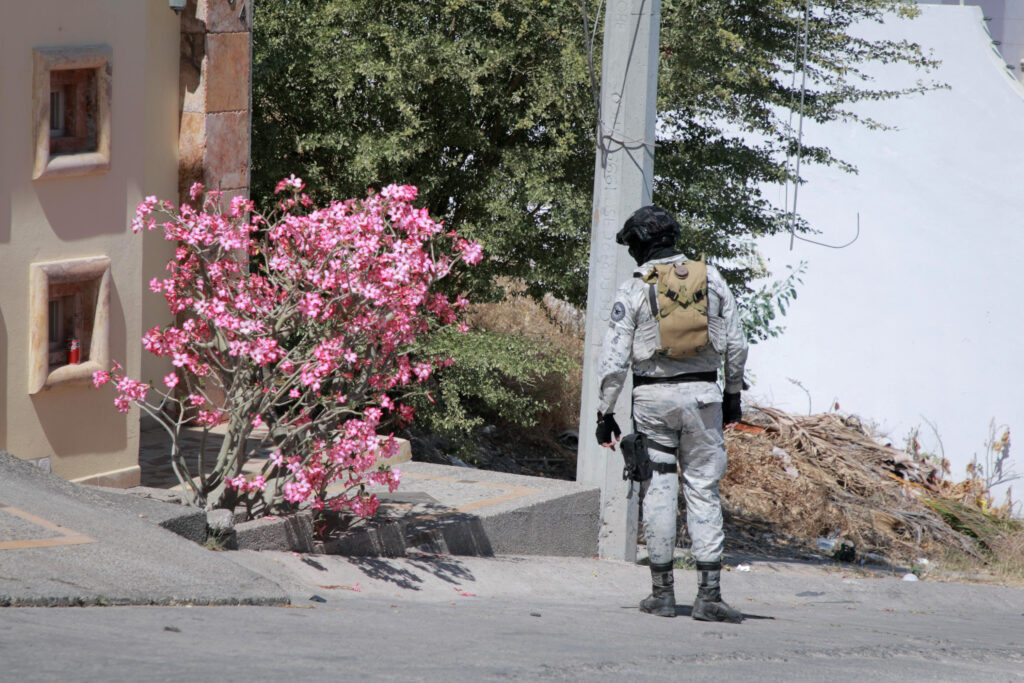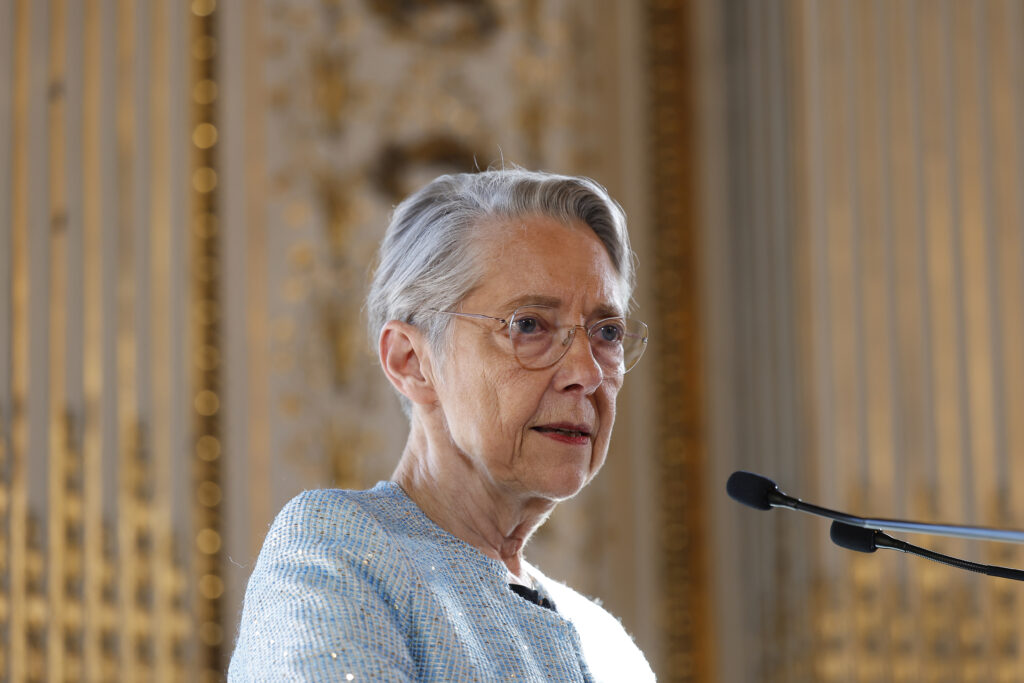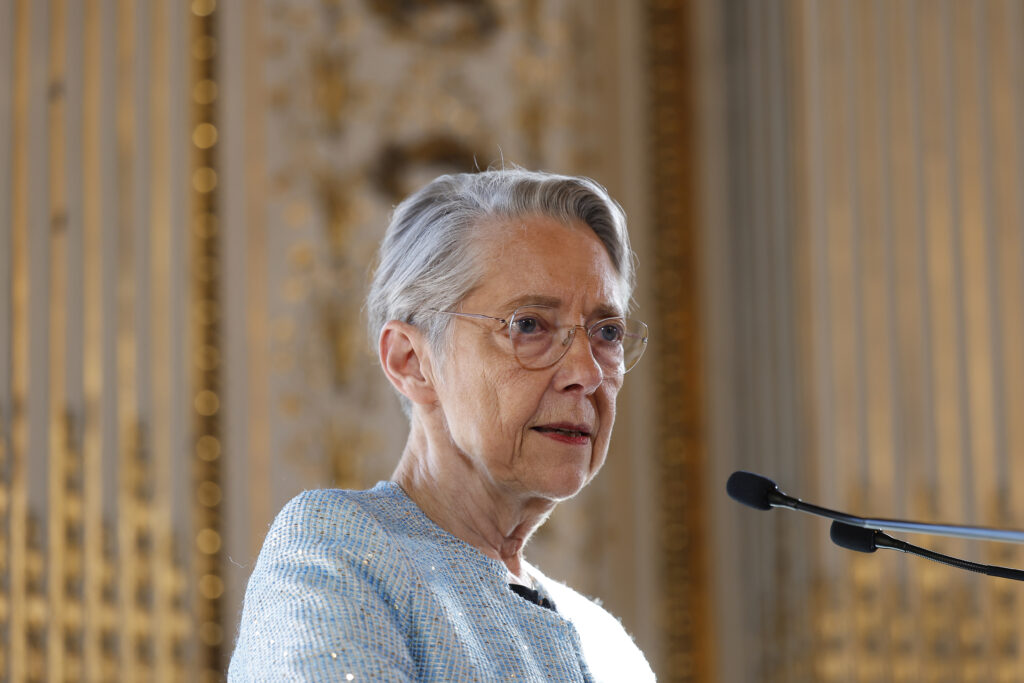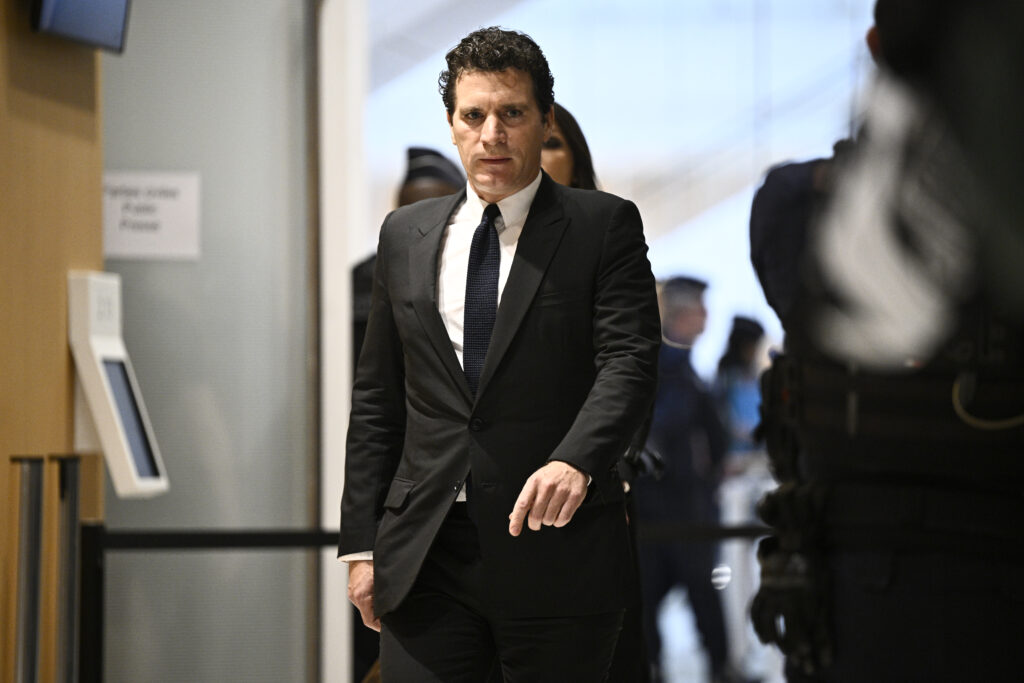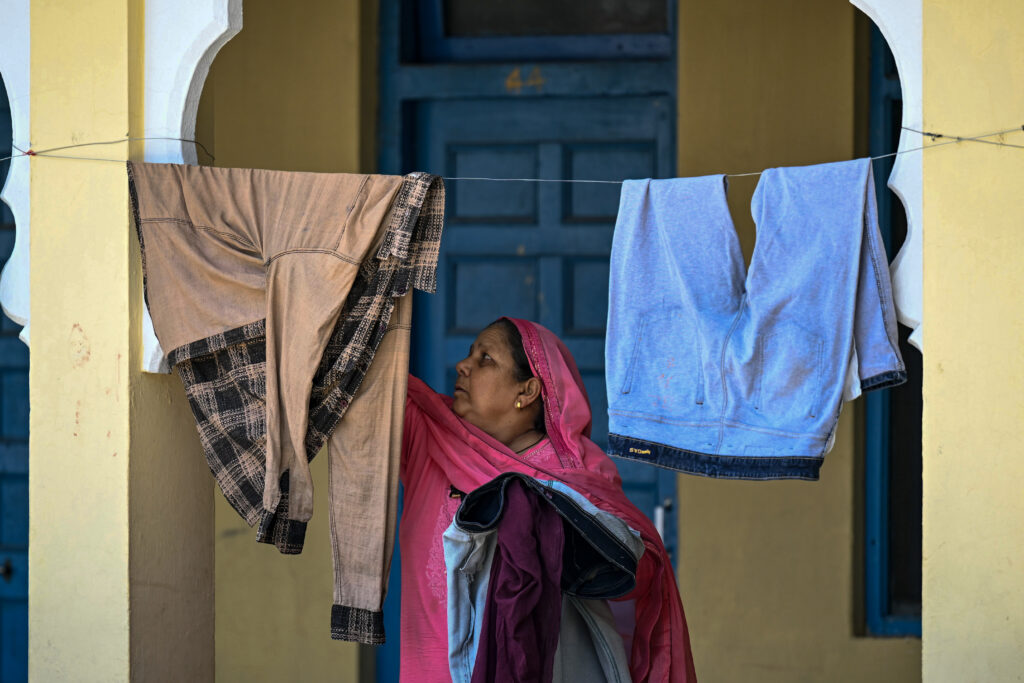“Propos outranciers”, “tensions prégnantes”: lors du jugement de Gérard Depardieu, condamné à 18 mois de prison avec sursis pour agressions sexuelles, le tribunal correctionnel de Paris a reconnu mardi la “victimisation secondaire” subie par les parties civiles pendant le procès. Une décision rarissime voire inédite en France.”Les propos de la défense par leur nature et leur répétition ont généré chez les parties civiles un préjudice distinct de celui né de la commission de l’infraction.” Ce sont les derniers mots du jugement, accueillis avec satisfaction par les parties civiles et leurs avocates.Au premier rang, directement visé, Me Jérémie Assous, le conseil de Gérard Depardieu n’a d’abord aucune réaction à l’évocation des “tensions prégnantes” pendant l’audience. Ce préjudice distinct évoqué par le tribunal est également appelé “victimisation secondaire”. Il s’agit d’une double peine pour les victimes de violences sexistes et sexuelles qui, après avoir subi une première agression, sont confrontées à des préjugés, des questions déplacées et des remarques culpabilisantes par des acteurs d’un système judiciaire censé les protéger.Pendant les quatre jours du procès de Gérard Depardieu pour agressions sexuelles sur deux femmes lors du tournage des “Volets verts” en 2021, son avocat n’a cessé de s’en prendre aux plaignantes et à leurs conseils. “Vous êtes abjecte et stupide”, “on ne vous croit pas!”, “hystérique”, “c’est insupportable de vous entendre, déjà votre voix, c’est dur alors…”, avait-il notamment lancé. Sarah (prénom modifié) avait dénoncé le “traitement inacceptable” dont elle avait fait l’objet, tandis qu’Amélie sortait du procès “avec le sentiment que ça avait été plus violent que l’agression sexuelle elle-même”.Reconnaissant les droits de la défense et la liberté de parole de l’avocat, le tribunal a néanmoins souligné qu'”ils ne sauraient légitimer des propos outranciers ou humiliants portant atteinte à la dignité des personnes ou visant à les intimider”. En plus de sa condamnation à 18 mois de prison avec sursis, le tribunal a ainsi condamné Gérard Depardieu à verser 1.000 euros à chacune des victimes au nom de la victimisation secondaire dont elles ont fait l’objet, en plus des sommes à verser au titre des dommages et intérêts. “Cette reconnaissance de la maltraitance de prétoire est très importante pour nous, a souligné Me Carine Durrieu Diebolt, avocate d’Amélie et autrice de “Violences sexuelles : quand la justice maltraite”, paru en mai.-“Manifestation de la vérité”-Passée la surprise, Me Assous a dénoncé la remise en cause de sa méthode de défense. “A partir du moment où vous êtes mis en cause aujourd’hui dans une affaire dite d’agression sexuelle, vous êtes automatiquement condamné”, a-t-il déclaré devant les nombreuses caméras postées devant la salle d’audience. “L’avocat est un auxiliaire de justice qui est censé aider à la manifestation de la vérité. A partir du moment où les propos n’ont pas d’utilité pour la manifestation de la vérité et que cela vise à intimider, à décrédibiliser ou à humilier des personnes, on n’est plus dans les droits de la défense”, a souligné Magali Lafourcade, magistrate et secrétaire générale de la Commission nationale consultative des droits de l’homme.Fin avril, la France a été condamnée par la Cour européenne des droits de l’homme pour avoir failli à protéger des mineures qui avaient dénoncé des viols, pointant la victimisation secondaire dont ont été victimes les plaignantes. “Cette décision de la CEDH a mis en lumière quelque chose qui était connu de la part des spécialistes des violences faites aux femmes”, estime Mme Lafourcade, ajoutant que la publicité autour des procès Pelicot et Depardieu a permis une prise de conscience par les magistrats de la victimisation secondaire dans les prétoires. L’avocat de Gérard Depardieu a annoncé faire appel du jugement, espérant que “la cour d’appel sanctionnera ce type de décision”.Gérard Dépardieu devra à nouveau faire face à la justice. Le parquet de Paris a requis un procès à son encontre après sa mise en examen à la suite d’une plainte de l’actrice Charlotte Arnould pour viol en 2018.
